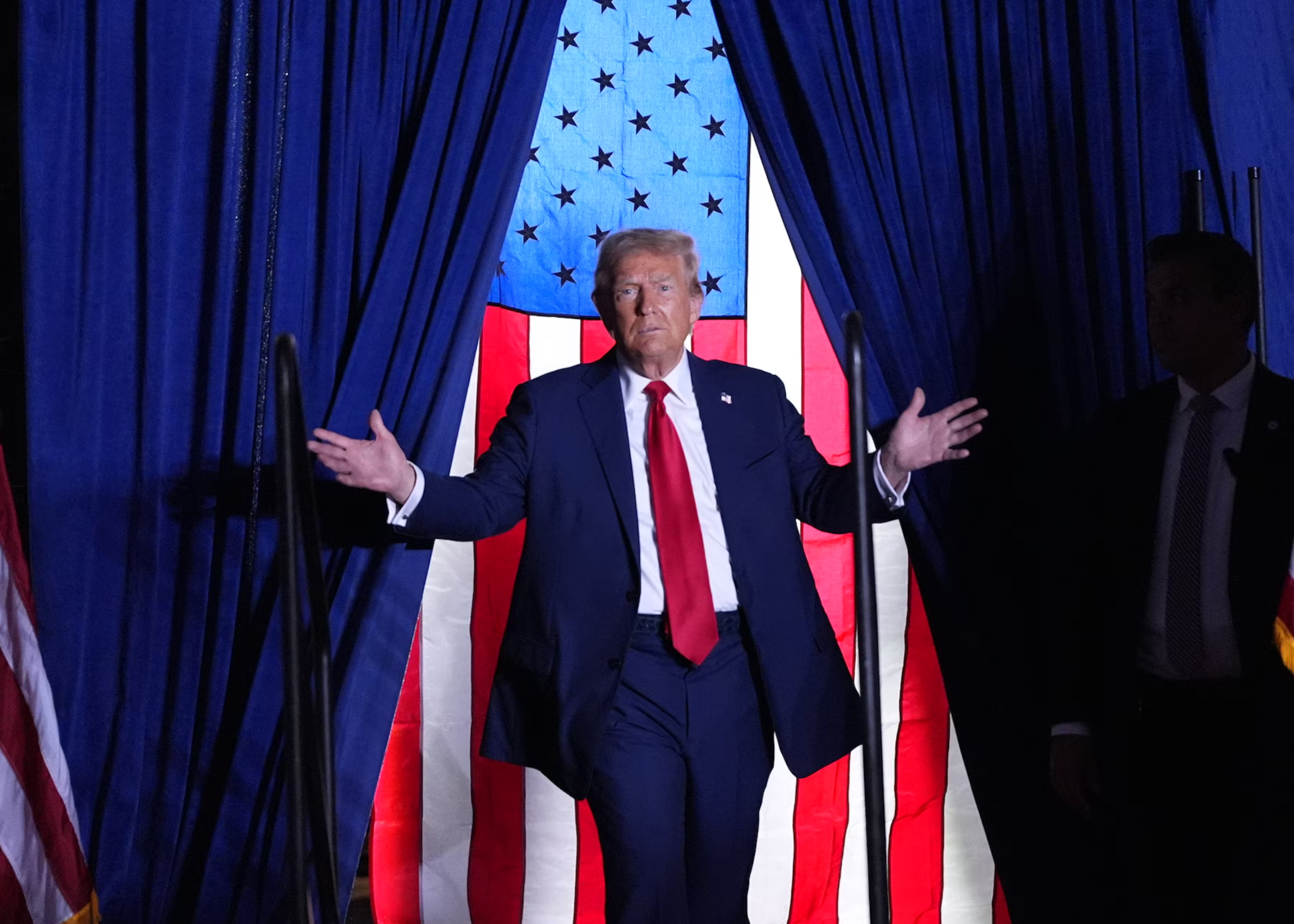News in brief:
– The US Trade Representative says Nigeria’s ban on 25 categories of goods limits market access and causes revenue loss.
– Affected sectors include agriculture, pharmaceuticals, beverages, and consumer goods, sparking concerns over trade relations.
The United States has faulted Nigeria’s import ban on agricultural and some other US goods, describing it as a significant barrier to trade and a limitation on market access for American exporters.
US Trade Representative (USTR), in a statement posted on its official X (formerly Twitter) handle on Monday, said the restrictions affect vital sectors such as agriculture, pharmaceuticals, beverages, and consumer goods.
The banned items include agricultural products like beef, pork, poultry, fruit juices, and medicaments (medicines), and alcoholic beverages, which are strong US export portfolio products.
“These policies create significant trade barriers that lead to lost revenue for U.S. businesses looking to expand in the Nigerian market,” USTR said. It added that the ban hinders export opportunities and access to one of Africa’s most populous consumer markets.
Nigeria’s US import ban traced to local industry protection
Nigeria’s government import restrictions on these agricultural products can be traced to local industry protection, as most of them are also produced in the country.
The ban, first introduced in 2016, was to reduce dependency on foreign products and promote local production. Products affected include refined vegetable oil, sugar, cocoa products, spaghetti, beer, certain pharmaceuticals, and meats.
As part of its clean energy strategy, the Federal Government of Nigeria further extended this protectionist stance on March 26, 2025, with the announcement of a planned ban on solar panel imports to boost local manufacturing and reduce reliance on foreign-made renewable energy products.
US trade interest versus Nigeria’s
This criticism by USTR follows the imposition of varying tariff on imports from several countries to the United State by US President Donald Trump administration which has generated reactions globally.
A 14% tariff was imposed on Nigerian goods entering the American market. Although Nigerian government are yet to declare if they would retaliate with tariffs or go into negotiations with the US government.
Trade analysts say this development could further strain bilateral trade relations between the two countries. The US is among Nigeria’s top trade partners, especially for food and agriculture products imports.



